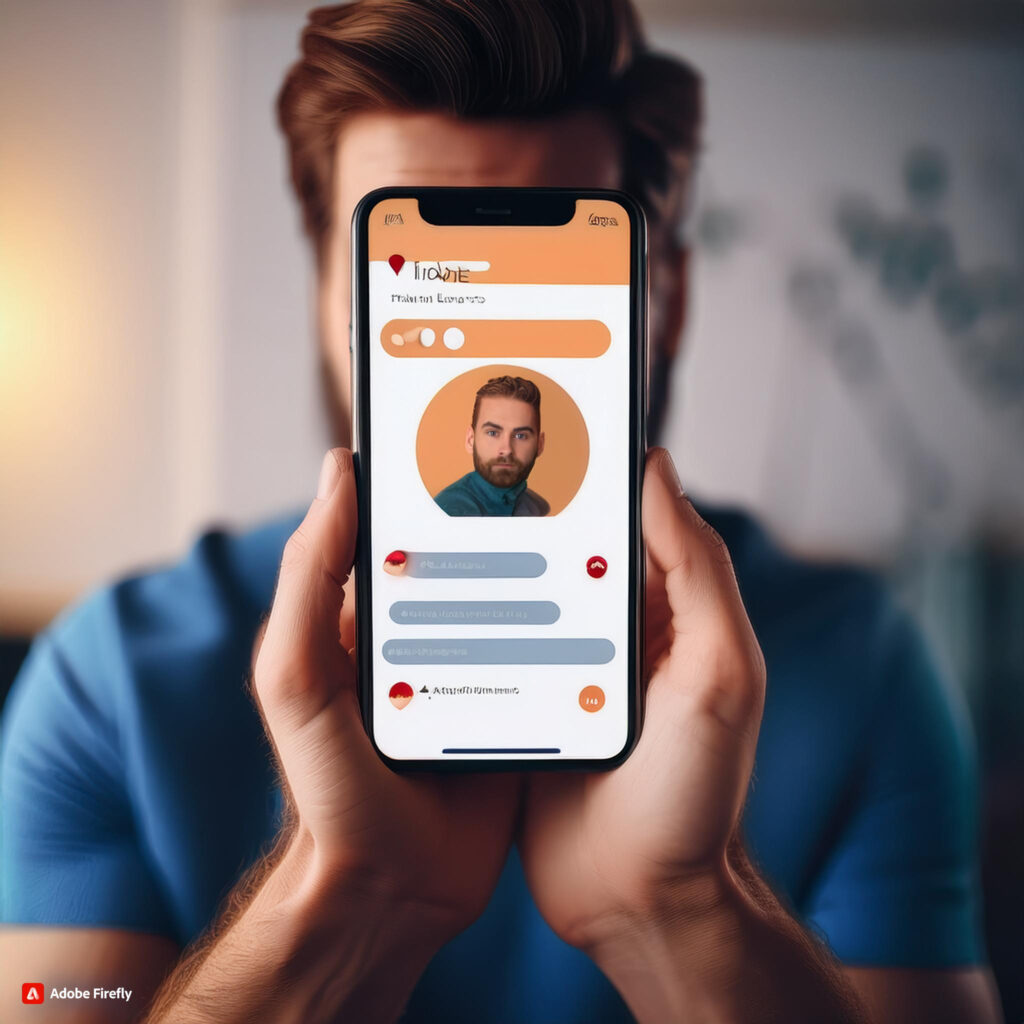
Friendship plays a crucial role in our lives. Good friends uplift us, bring joy, and provide support during tough times. However, not every friendship turns out to be a positive one. Sometimes, subtle behaviors can signal that someone may not be the best friend in the long run. By paying attention to these small signs, you can avoid investing time in a relationship that might become toxic. So, what is the smallest behavior that may indicate someone will be a bad friend? Let’s explore.
1. Constant Flakiness

Everyone has busy schedules, but if someone continually cancels plans or never follows through on commitments, it could be a red flag. While occasional flakiness happens to the best of us, a consistent pattern suggests a lack of respect for your time and feelings. Friendship requires effort from both parties, and if one person is always dodging plans, the relationship can feel one-sided.
2. Frequent Gossiping

Pay close attention to how your friend speaks about others. If they frequently gossip or speak negatively about people who are supposed to be their friends, this behavior might extend to you. A person who enjoys spreading rumors and betraying trust could easily do the same to you when you’re not around. While sharing personal experiences is part of bonding, malicious gossip is a sign of disloyalty.
3. Subtle Criticism Disguised as Jokes

Have you ever noticed a friend who constantly makes “jokes” at your expense, but when confronted, they brush it off by saying, “I was just kidding!”? While teasing can be a normal part of friendship, consistent underhanded comments disguised as humor can reveal underlying resentment or lack of respect. True friends build you up, not tear you down in subtle ways. This behavior is often a sign of insecurity and can become toxic over time.
4. Lack of Enthusiasm for Your Success

A small but telling behavior is a friend’s reaction to your achievements. Are they genuinely excited for you when you share good news? Or do they seem indifferent, annoyed, or even dismissive? Friends should celebrate each other’s wins. A lack of enthusiasm could indicate jealousy or competitiveness, both of which can undermine a healthy friendship. This lack of support, though small, can erode trust and positivity in the relationship.
5. Never Apologizing

No one is perfect, and everyone makes mistakes in friendships. However, if a friend consistently refuses to apologize or admit wrongdoing, it could be a problem. Even small mistakes require acknowledgment. A friend who never takes responsibility for their actions shows a lack of maturity and empathy—two essential qualities for a strong friendship.
6. Only Reaching Out When They Need Something

Pay attention to the balance of communication in your friendship. Does this person only reach out when they need a favor, but go silent when you need support? A friend who primarily uses you for their own convenience might not value the relationship beyond what they can gain from it. This is a subtle yet clear indicator that the friendship is not based on mutual respect and care.
7. Talking Over You

Conversation is the bedrock of friendship, but it should be a two-way street. If your friend regularly interrupts you, talks over you, or makes conversations revolve around them, it might be a sign of selfishness. While this behavior may seem minor, it can indicate a larger issue of them prioritizing their needs over yours. Friendships thrive on mutual listening and understanding, and a friend who constantly dominates conversations may not be as invested in the relationship as you are.
8. Disrespecting Boundaries

Healthy friendships are built on respect for one another’s boundaries. If your friend continuously ignores your preferences, such as showing up unannounced, prying into personal matters you’ve asked them not to discuss, or pushing you to do things you’re uncomfortable with, this is a serious red flag. Respecting boundaries, no matter how small, is a fundamental part of any relationship, and a friend who disregards them may not have your best interests at heart.
Conclusion
The smallest behaviors can sometimes reveal the biggest problems. While these behaviors may seem minor in isolation, when they become patterns, they can indicate that someone might not be a good friend. Friendships should be a source of support, trust, and positivity. If you notice consistent signs of flakiness, gossiping, subtle criticism, or boundary-pushing, it may be time to reevaluate the relationship. By being mindful of these small behaviors, you can protect yourself from negative friendships and focus on building connections with people who truly value and uplift you.
If you resonate with the above, share with us the subtle signs that indicate someone won’t be a good friend in the comments below.